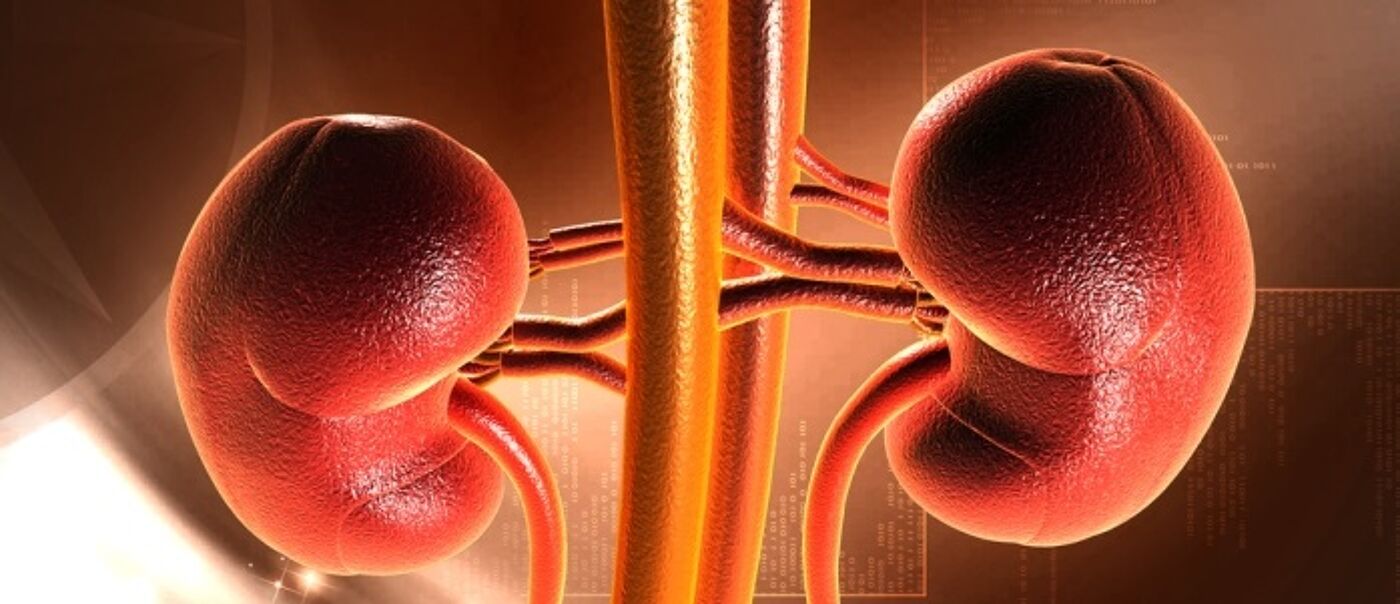Our research impact
Our researchers work on innovative projects with broad and signficant national and global impact for society and the economy.

Increasing living kidney transplantation in the UK

Necessary cookies enable core functionality. The website cannot function properly without these cookies, and can only be disabled by changing your browser preferences.
Analytical cookies help us improve our website. We use Google Analytics. All data is anonymised.
Clarity helps us to understand our users’ behaviour by visually representing their clicks, taps and scrolling. All data is anonymised.
Our researchers work on innovative projects with broad and signficant national and global impact for society and the economy.